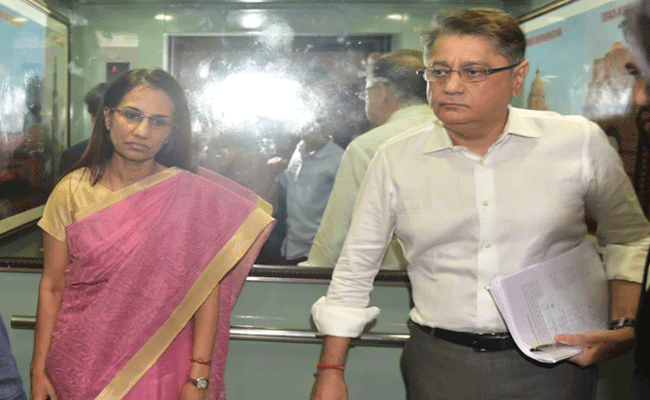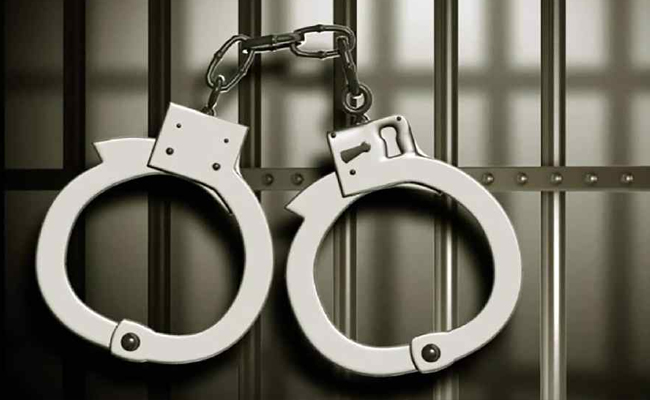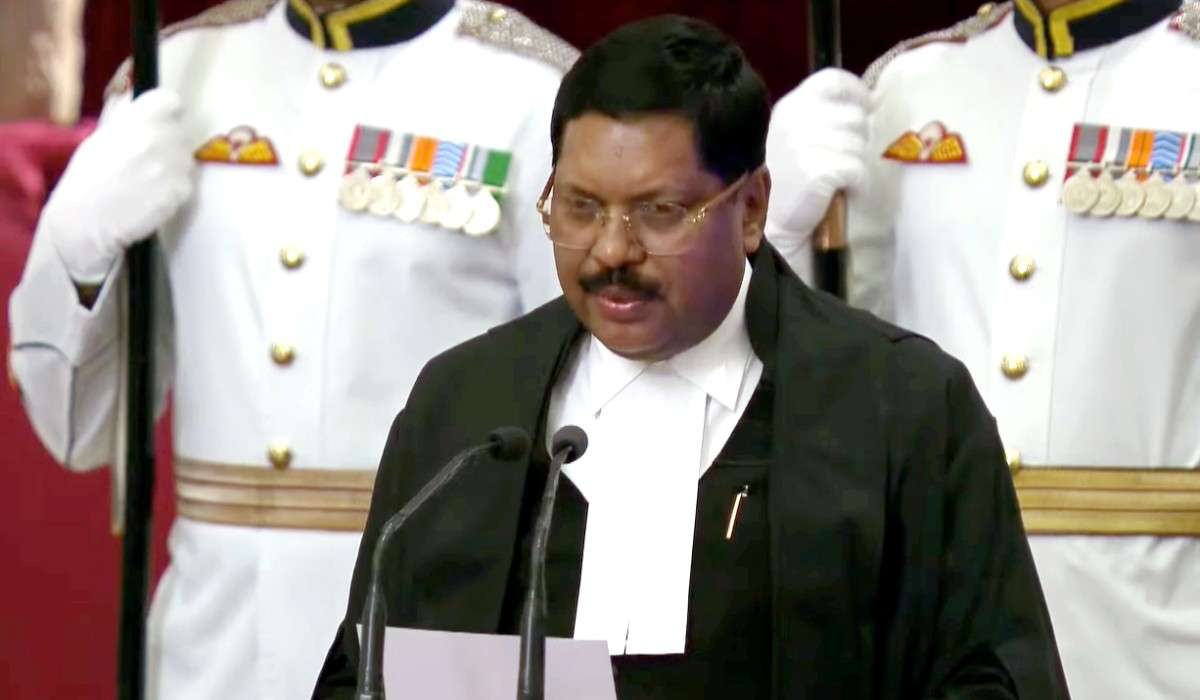Mumbai (PTI): Former ICICI Bank CEO and MD Chanda Kochhar and her husband Deepak Kochhar were released from jail on Tuesday morning, a day after the Bombay High Court granted them interim bail in a loan fraud case, a police official said.
Chanda Kochhar walked out of the Byculla women's prison in Mumbai, while her husband was released from the Arthur Road jail, the official said.
The CBI arrested Kochhars on December 23, 2022 in connection with the Videocon-ICICI Bank loan case.
The couple had filed petitions in the Bombay High Court challenging their arrest, terming it as illegal and arbitrary.
The HC on Monday granted them interim bail and came down heavily on the Central Bureau of Investigation (CBI) for making the arrest in a "casual and mechanical" manner and without application of mind.
The CBI named the Kochhars, Videocon group founder Venugopal Dhoot along with Nupower Renewables (NRL) - managed by Deepak Kochhar - Supreme Energy, Videocon International Electronics Ltd and Videocon Industries Ltd as accused in the FIR (first information report) linked to the case registered in 2019 under Indian Penal Code sections pertaining to criminal conspiracy and provisions of the Prevention of Corruption Act.
The central agency has alleged that ICICI Bank, headed by Chanda Kochhar from 2009 to 2018, sanctioned credit facilities to the tune of Rs 3,250 crore to these companies in violation of norms.
It further claimed that as a part of quid pro quo (Latin expression literally meaning "something for something"), Dhoot made an investment of Rs 64 crore in Nupower Renewables through Supreme Energy Pvt Ltd (SEPL), and transferred SEPL to Pinnacle Energy Trust managed by Deepak Kochhar through a circuitous route between 2010 and 2012.
Let the Truth be known. If you read VB and like VB, please be a VB Supporter and Help us deliver the Truth to one and all.
Johannesburg (PTI): South African players who have been picked for the World Test Championship Final against Australia are likely to miss the IPL playoffs as the country's cricket board is standing firm on prioritising national duty over league commitments.
The BCCI confirmed on Monday that the IPL will resume on May 17 with the final slated for June 3.
However, the revised schedule has left players from WTC finalists Australia and South Africa in a tight spot. The franchises and the BCCI have urged foreign boards to make their players available for the remainder of the tournament.
CSA, however, has reiterated its commitment to WTC Final preparations.
"It is an individual decision, obviously, to return or to play or continue," CSA's director of national teams and high performance Enoch Nkwe said during press conference.
"One thing we've made clear, and we are finalising this with the IPL and the BCCI, is sticking to our original plan when it comes to the WTC preparations."
"May 26 is the latest for the Test guys to come back. The original plans don't change because the No. 1 priority is the WTC final. We've been engaging with them over the last day or two to make sure we're all on the same page," he added.
Eight South African players -- Kagiso Rabada (Gujarat Titans), Lungi Ngidi (Royal Chalengers Bengaluru), Tristan Stubbs (Delhi Capitals), Aiden Markram (Lucknow Super Giants), Ryan Rickelton (Mumbai Indians), Corbin Bosch (MI), Marco Jansen (Punjab Kings) and Wiaan Mulder (Sunrisers Hyderabad) -- have been named in the Proteas squad for the WTC Final, scheduled to start from June 11 in London.
Currently, GT, RCB, MI, PBKS, DC and LSG are in contention for an IPL playoff spot.
South Africa head coach Shukri Conrad echoed CSA's stance.
"Our initial agreement with IPL-BCCI was, with the final being on the 25th, our players would return on the 26th, so that it allows them ample time before we fly out on the 30th. As it stands, we're not budging on this. We want our players back on the 26th," he said.
"That is the ongoing conversations that are being had between people in a higher pay grade than I am. They're dealing with that. We want our players back on the 26th and hopefully that comes to fruition."
The IPL season was suspended on May 9 due to a military confrontation between India and Pakistan, triggered by the April 22 terrorist attack in Pahalgam, South Kashmir. A ceasefire announced the following day paved the way for the tournament's resumption.
As per the new schedule, the league stage ends on May 27, with playoffs running from May 29 to June 3, dates that clash with CSA's WTC preparations.
While CSA has taken a strong position, Cricket Australia has allowed its players to decide individually, and the England and Wales Cricket Board (ECB) is set to review its No Objection Certificates (NOCs).




